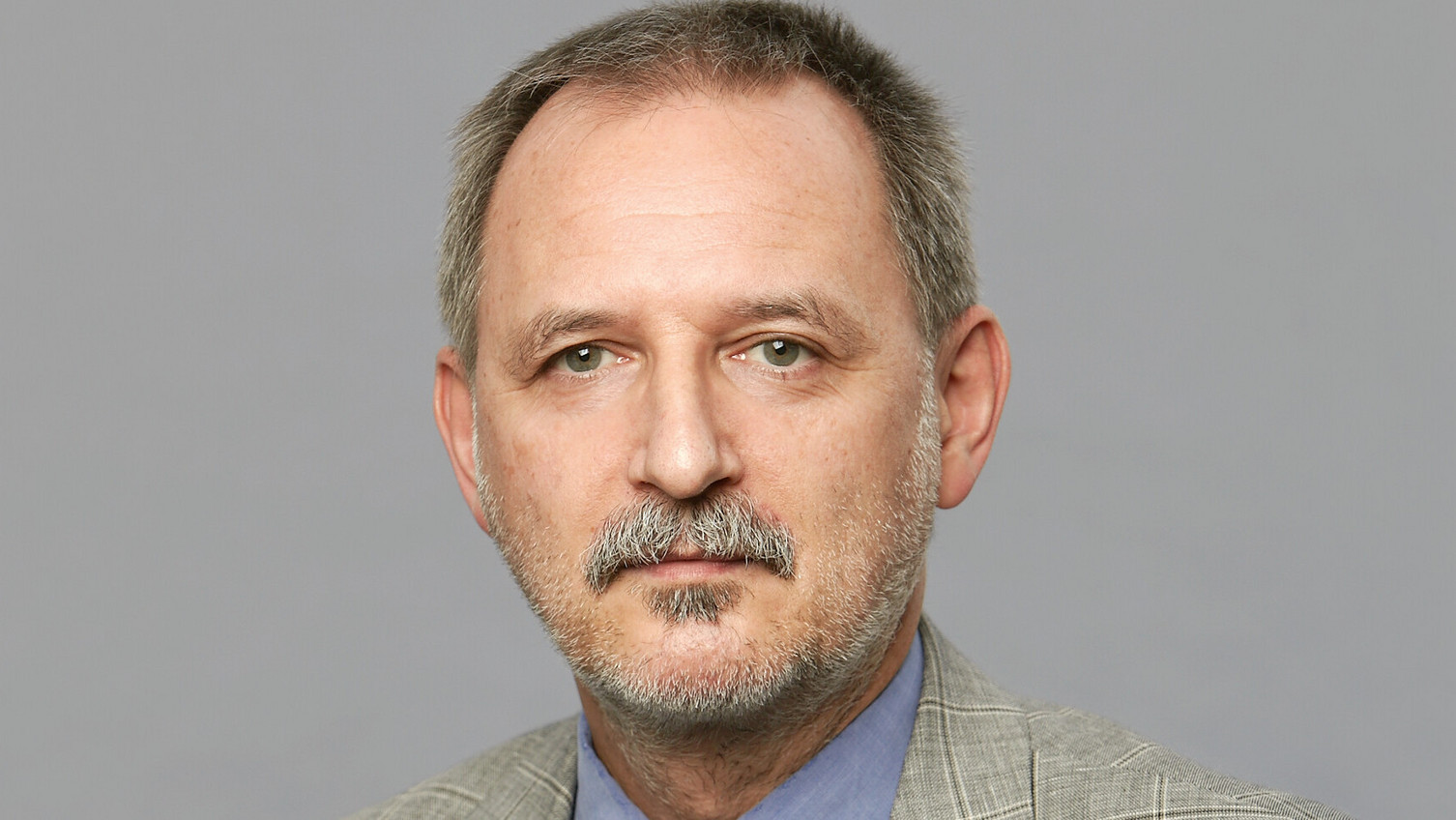Farewell: Prof. Dr. Hans-Rüdiger Pfister – Trust your head
2022-11-07 "Emotions are not right per se," says the retired professor for Business Psychology, in particular Psychology of Decision-Making and Methods. In an interview he looks back on his scientific work.
- Professor Pfister, how do you make better decisions: intuitively or reflectively?
Hans-Rüdiger Pfister: Gut feeling doesn't cost any effort. It seems to dictate the decision if you just listen to yourself. But that is deceptive. Only if you have a lot of experience in a field should you listen to your intuition. An experienced doctor, for example, who has been in the profession for 20 years, can very quickly make a mostly correct diagnostic decision in his field. Otherwise, intuition regularly leads us astray.
- Why do our own feelings, of all things, deceive us?
Emotions are not correct per se. Emotions drive our decisions and actions, but they are often based on a skewed or inadequate perception of the world. The mere fact that we are afraid of something, for example, does not reliably tell us whether the decision for or against something is right. Fear is a strong feeling, but it is important to check whether it is justified in this situation.
- That sounds like cognitive work.
In our culture, freedom of choice is a high good and today we have a choice in very many things - sometimes more than we would like. In research we speak of "decision overload". It starts with simple things like going to a restaurant: First you have to choose a dish from the menu. Then the waiter comes and asks us with which dressing we would like to have the salad served. Should it be schnitzel with French fries or fried potatoes? The idea that we like to decide often contradicts our own experience. Difficult trade-offs are even often avoided. Deciding is exhausting. Humans are cognitively lazy.
- So you only have to switch on your head to get everything right?
If it were that simple - even a switched-on head makes mistakes, but only with it can inadequate intuitions be corrected. In the past few years, I have been primarily concerned with emotional motives for decisions. Moral and emotional convictions have a massive influence on decisions. Decision research, not only psychological research, but also economic and sociological research, was very reason-oriented for many years. It assumed that people have a very rational view of the world, weigh the consequences of their decision and then make a well-calculated choice. But the role of emotions is more significant than thought. One can consider many options, but as long as there is no emotion associated with them, everything remains abstract and irrelevant. Only strong emotions lead to action.
- Is that why we often remain inactive even despite warnings?
Together with my colleagues at the University of Bergen, I have done research on decisions for environmentally friendly behaviour. For example, people fly even though they know how harmful it is. Why is that? Climate change is abstract for many: many dramatic events are still in the future and we in the western world do not yet feel the main effects as much as elsewhere. This means that many people lack the emotional impulse to act. Emotions are only aroused when an environmental problem becomes concrete, for example when a named company can be directly blamed for an environmental scandal.
Sometimes, however, attributions become irrational. A good example is the „Querdenker-Movement“ during the Corona pandemic. The blame for the measures was attributed to specific, individual persons, such as "Frau Merkel and the health dictatorship". In conspiracy theories, very specific individuals are always the culprits. This is precisely what gives rise to strong moral emotions, such as anger and rage at these people, and reflection stops.- As a decision researcher, you have also replicated Libet's famous experiment. Do we have free will or not?
The replication was done by a doctoral student of mine, Ms Melcher, as part of her very comprehensive dissertation. Libet showed that our brain has already started preparing a simple hand movement before we have consciously decided to do it. The results of the experiment have often been generalised: Free will is just an illusion. But the conclusion is certainly premature based on the data. Larger or complex decisions in particular are a longer processes. To find out from this process the one moment when I made a decision is not possible. On the whole, however, the problem of free will in decision psychology has not been clarified. We assume that people can decide freely, but always within the framework of certain conditions. Knowing these conditions, one can predict the average decisions of many people quite well, such as in market research. On the other hand, if there were no free will, we would be able to predict everything perfectly at some point. But we are far from that in decision psychology.
- Thank you very much for the interview!
Hans-Rüdiger Pfister studied psychology in Berlin and received his doctorate there. After his habilitation (venia legendi for psychology) at the TU Berlin, he moved to the Forschungszentrum Informationstechnologie (GMD) in Darmstadt in 1997 and headed the CSCL Kompetenzzentrum there. In 2001 he became a senior researcher at the Institut für Wissensmedien IWM in Tübingen. In the same year, he accepted a professorship in business psychology, first at the University of Applied Sciences Northeast Lower Saxony, then at the University of Lüneburg. From 2006 to 2009 he was an adjunct professor at the University of Bergen, Norway. Since 2009, Hans-Rüdiger Pfister has been University Professor for Business Psychology, in Particular Psychology of Decision-Making and Methods.

